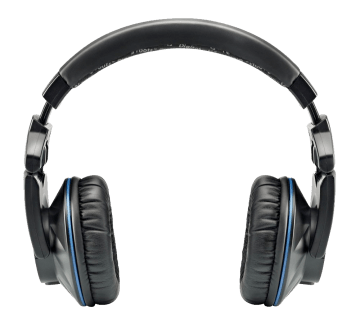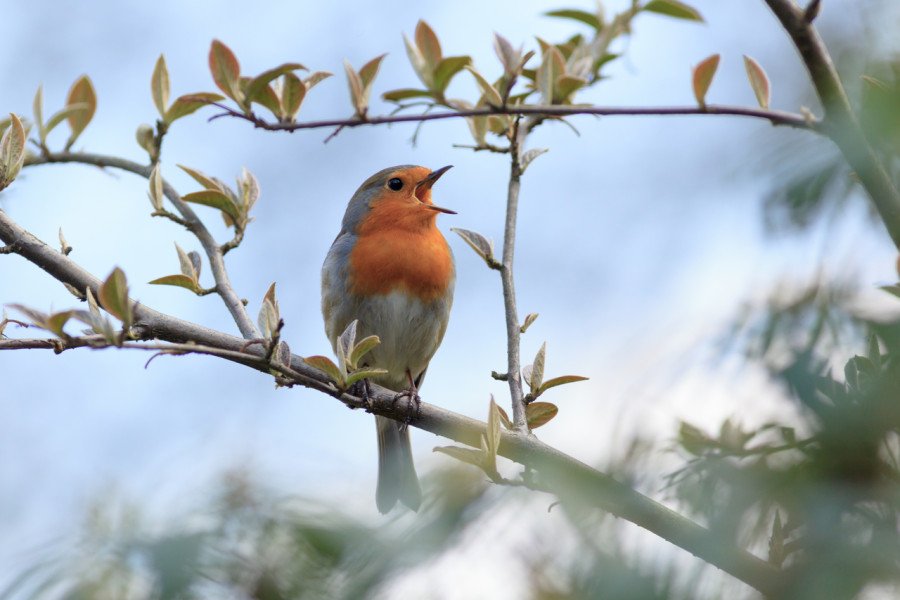Sounds of energy
Challenge your students to listen and discover the natural and artificial sounds surrounding us.
- Grade 1
- 2 activities
- 50 mins

Big idea
Light and sound can be produced and their properties can be changed.
Learning objectives
Students will be able to:
- Demonstrate curiosity and a sense of wonder about the world
- Make and record observations
- Experience and interpret the local environment
- Sort and classify data and information using drawings
- Compare observations with those of others
- Consider some environmental consequences of their actions
Activities

Sound down
Have fun making sounds and learn how quieting our world also conserves energy.
BC curriculum fit
Grade 1 Science
Content
- Light and sound can be produced and their properties can be changed
- Natural and artificial sources of light and sound
Curricular competencies
Questioning and predicting
- Demonstrate curiosity and a sense of wonder about the world
Planning and conducting
- Make and record observations
Processing and analyzing data and information
- Experience and interpret the local environment
Evaluating
- Consider some environmental consequences of their actions
Communicating
- Communicate observations and ideas using oral or written language, drawing
Assessments
The activities in this unit provide an opportunity to assess individual students on their ability to:
- Listen and be curious about the world
- Record and communicate their observations
- Sort the information into 2 categories: natural and artificial sounds
- Understand that there are quieter choices to the artificial sounds we hear that also save energy.
Background info
Noise pollution
Noise or sound pollution refers to sounds that are annoying and disrupt activities of animals including humans. Mainly, these sounds are caused by artificial sounds like: cars/transportation engines, car horns, ambulance sirens, construction noise, and music playing. The effects on animals and humans can be extensive affecting:
- Hearing
- Sleep patterns
- Cognitive functions
- Behaviours
- Feeding patterns
Reducing noise pollution helps reduce the impacts on animals including us and often results in energy conservation as many artificial sounds are caused by sources that rely on power to operate.


